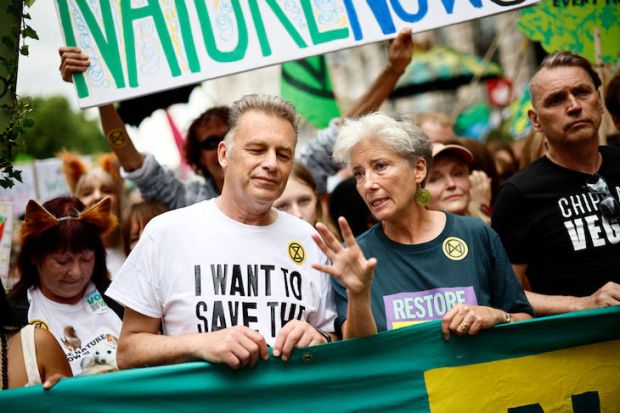Civil servants are being given lessons instructing them not to roll their eyes or look at their mobile phones while dealing with members of staff. Such behaviour can be deemed evidence of sexual or racial discrimination, examples of ‘microaggressions’.
As the Times reports today, more than £160,000 has been spent by the government since 2021 on hiring public sector consultants to train staff to recognise ‘perceived slights’ in the form of microaggressions.
Already a subscriber? Log in
Subscribe for just $2 a week
Try a month of The Spectator Australia absolutely free and without commitment. Not only that but – if you choose to continue – you’ll pay just $2 a week for your first year.
- Unlimited access to spectator.com.au and app
- The weekly edition on the Spectator Australia app
- Spectator podcasts and newsletters
- Full access to spectator.co.uk
Or




















Comments
Don't miss out
Join the conversation with other Spectator Australia readers. Subscribe to leave a comment.
SUBSCRIBEAlready a subscriber? Log in